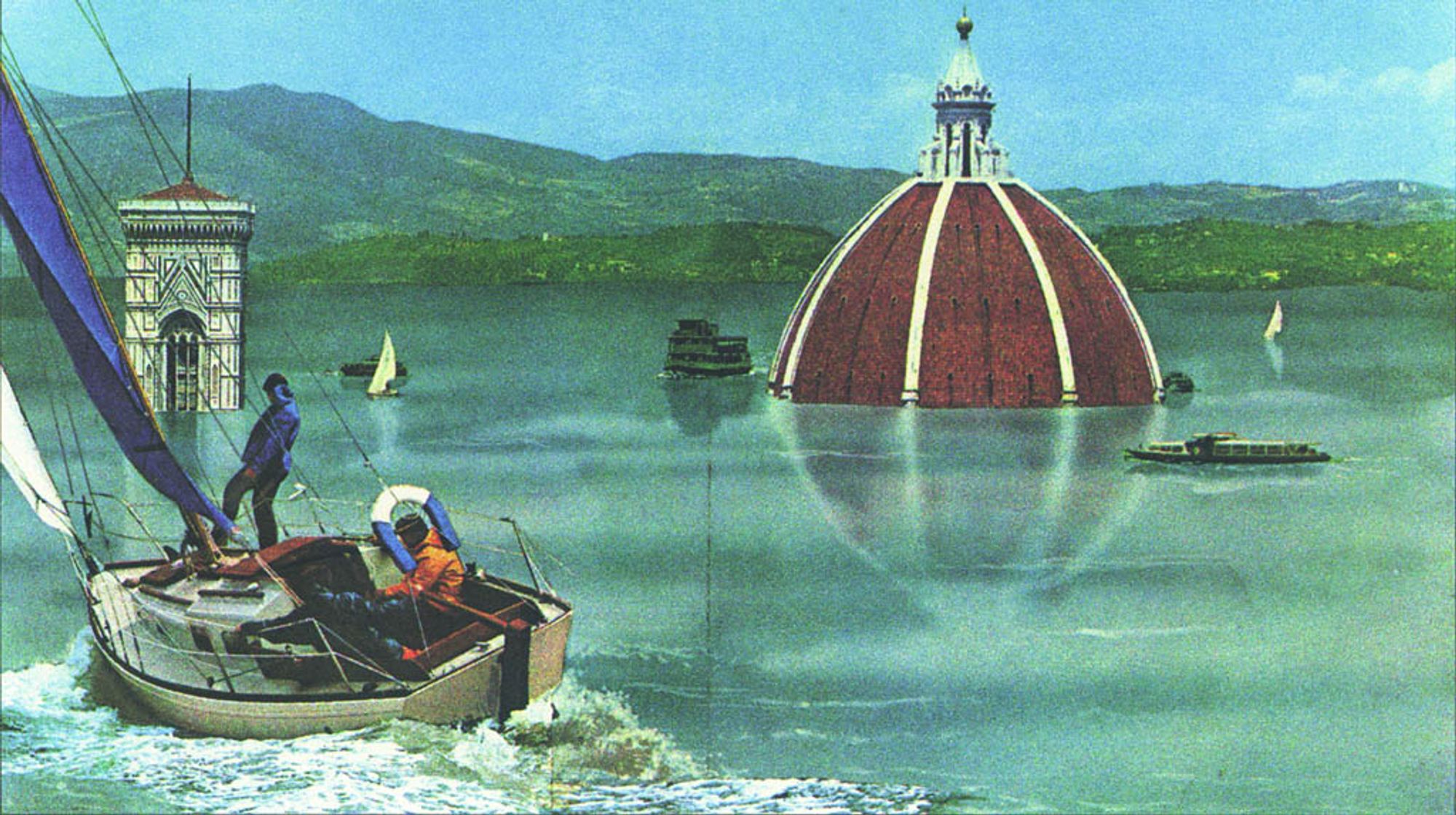
At the heart of Italy’s critical design movement, Superstudio was a design collective founded in Florence in 1966. In 1971, Adolfo Natalini, architect and cofounder of Superstudio, announced at a lecture in London that the group would no longer practice design. His now famous declaration included these words: “If design is merely an inducement to consume, then we must reject design; if architecture is merely the codifying of the bourgeois models of ownership and society, then we must reject architecture; if architecture and town planning [are] merely the formalization of present unjust social divisions, then we must reject town planning and its cities … until all design activities are aimed towards meeting primary needs. Until then, design must disappear. We can live without architecture.”[i]
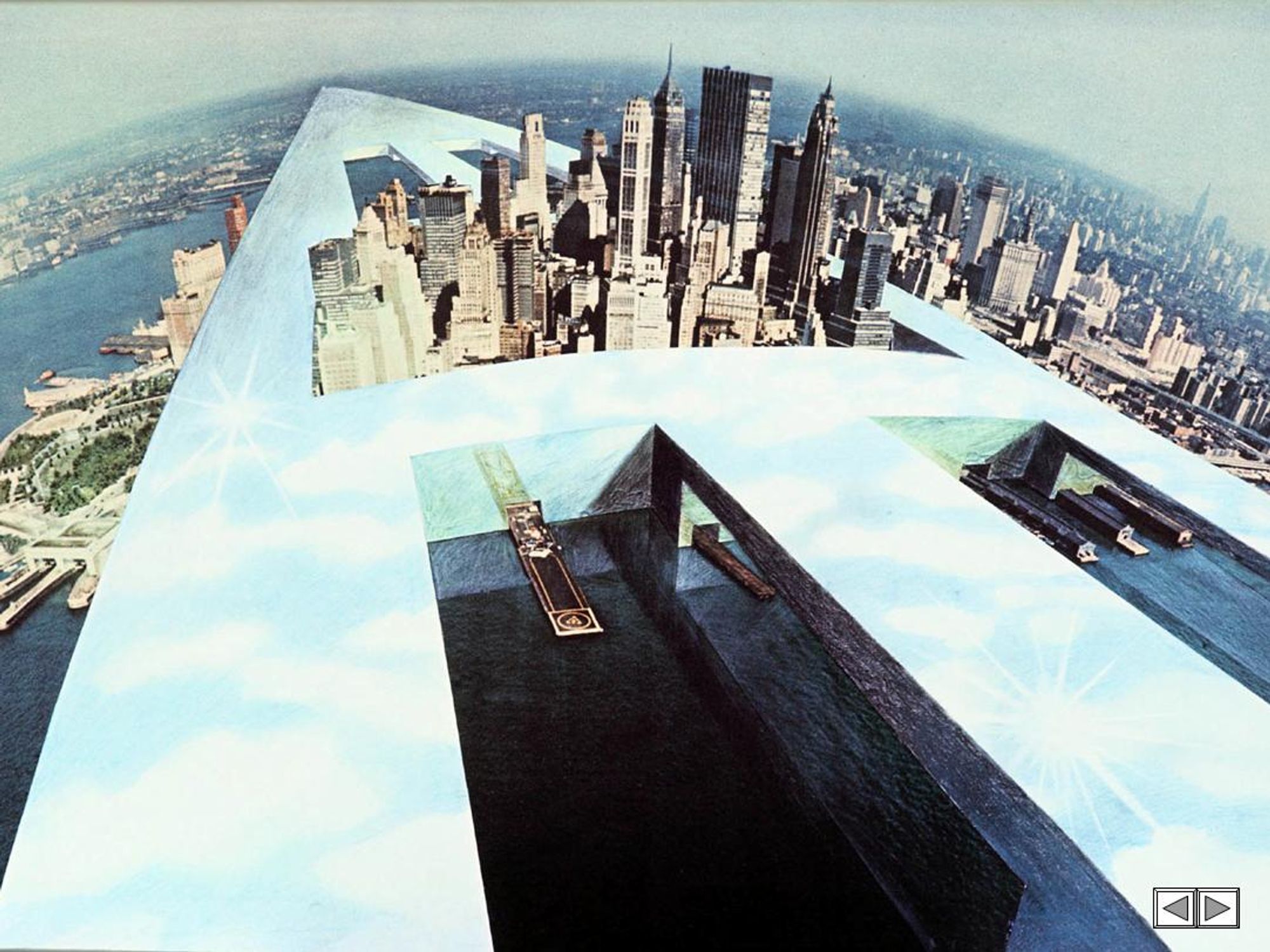
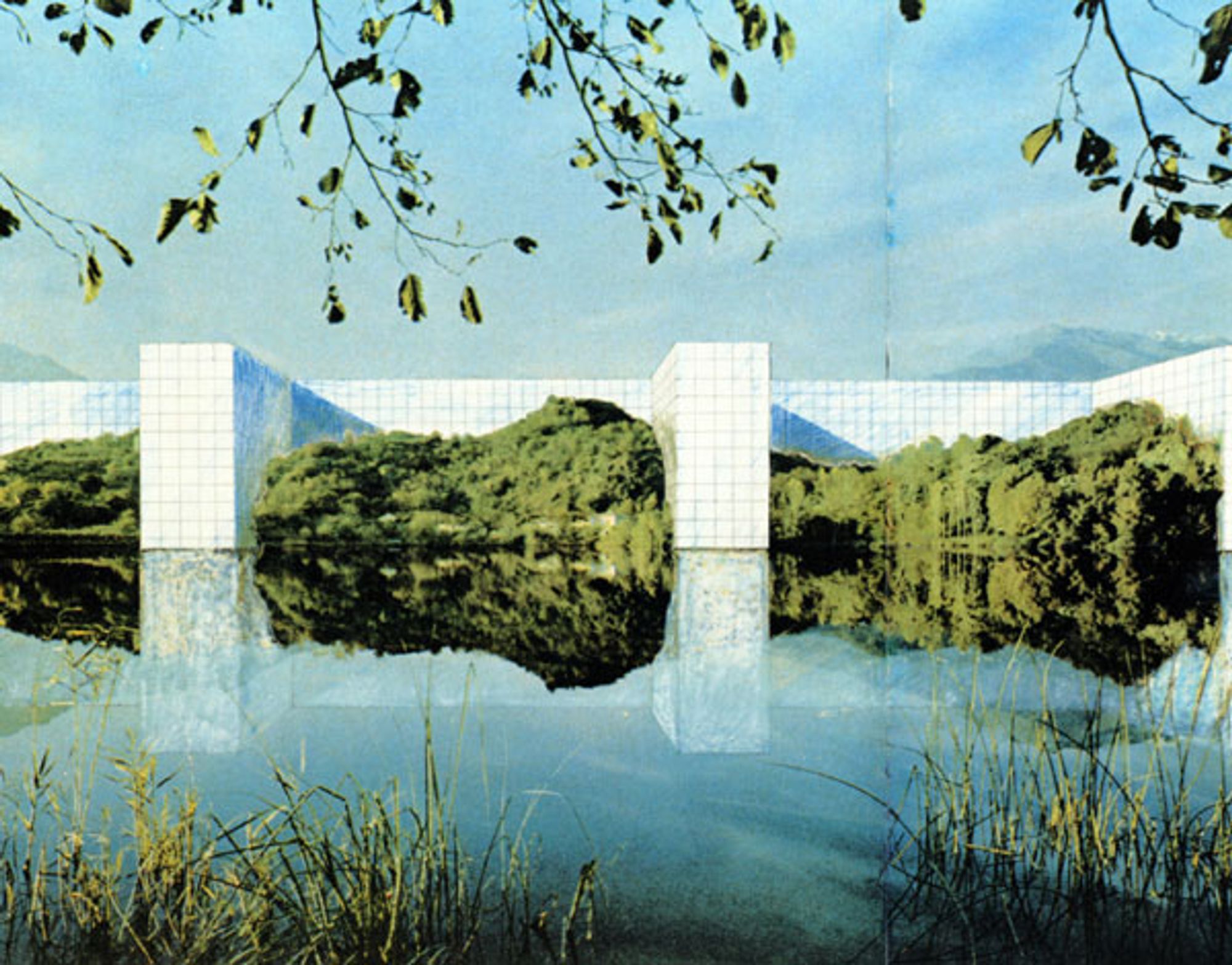
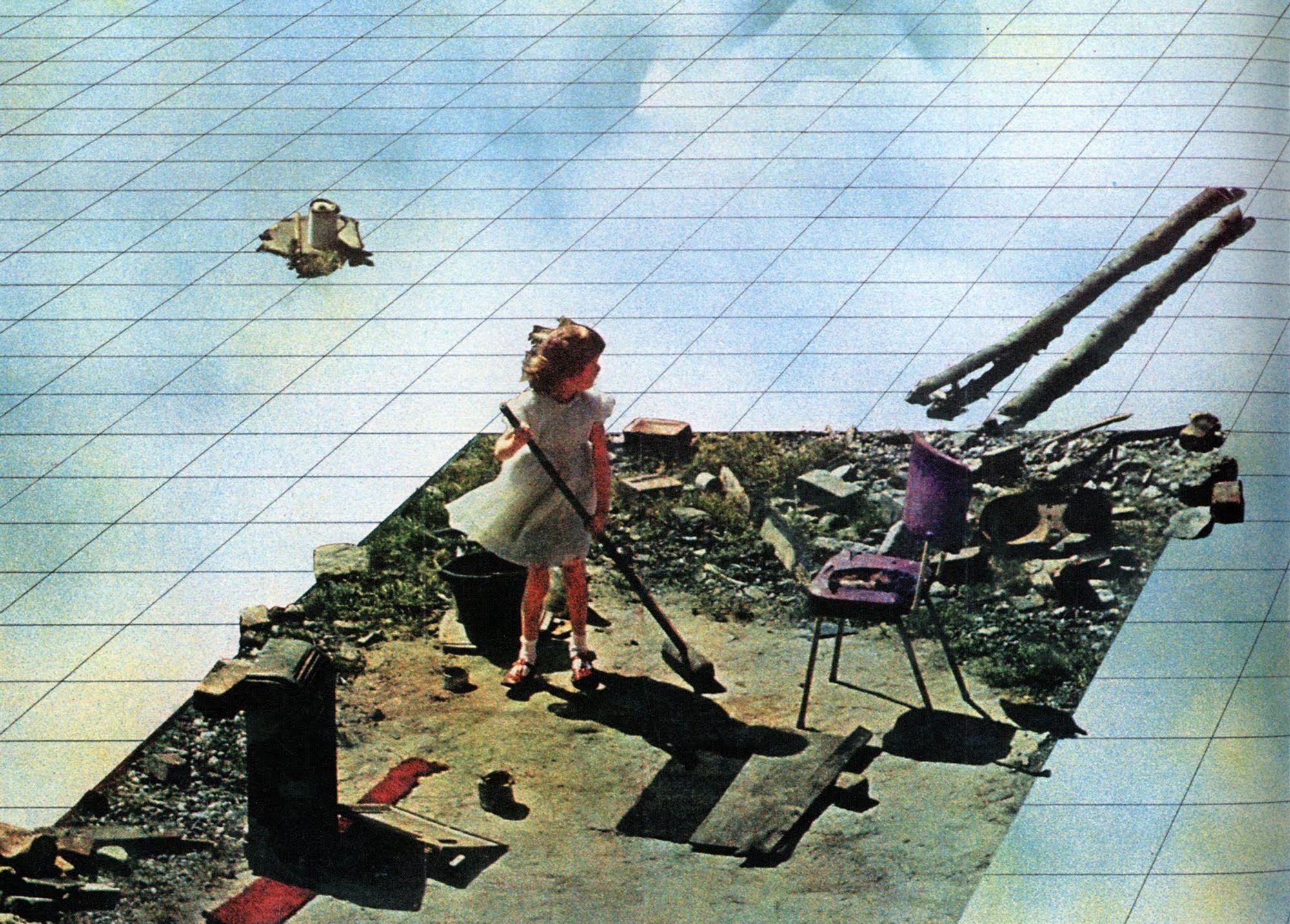
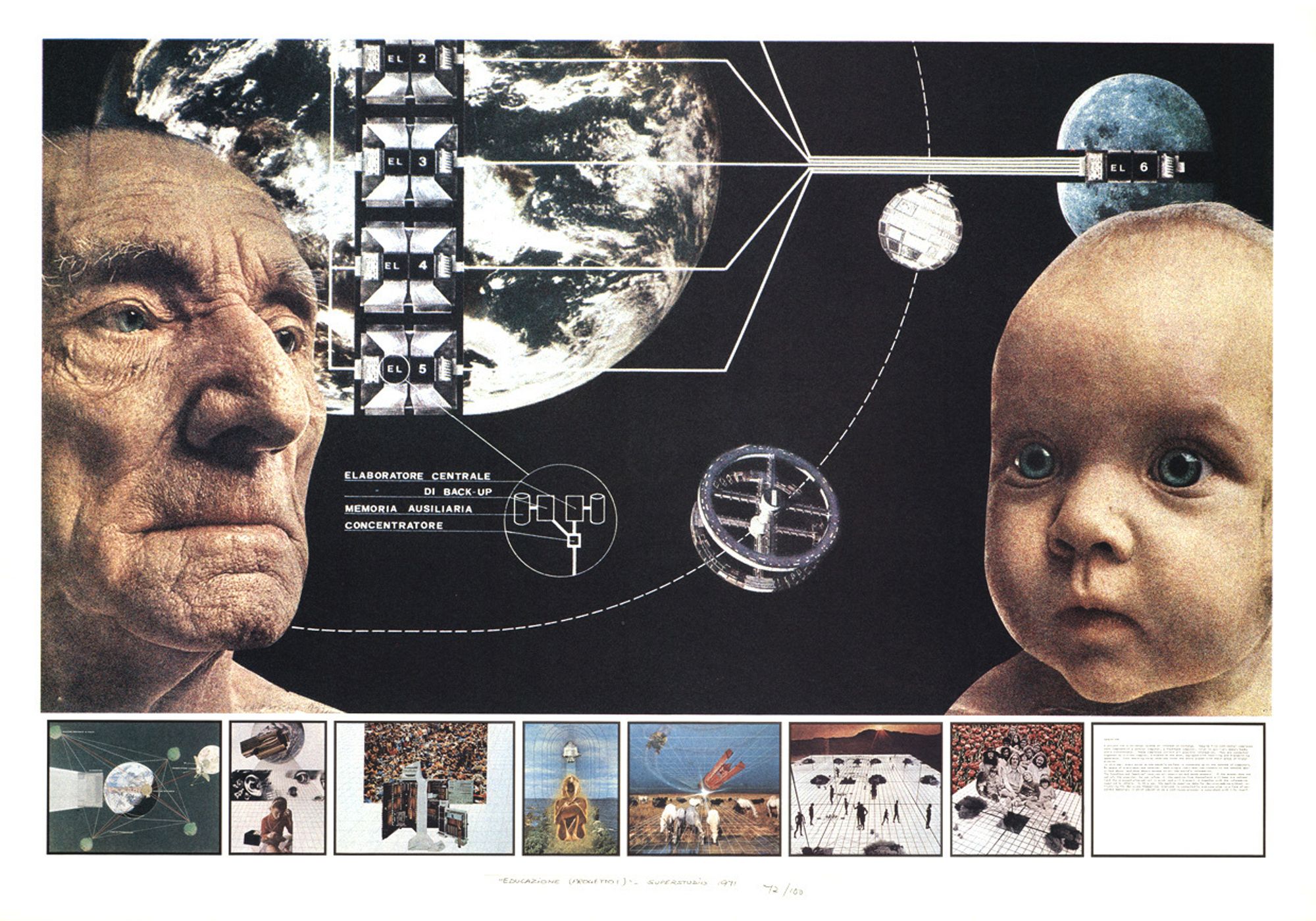
Instead of producing buildings or designed objects, Superstudio worked in a variety of other media, including film, collage, publications, and exhibitions. Its members’ work critiqued institutionalized patterns of knowledge and practice in the designed environment—sometimes savagely so. Superstudio’s critical practice can also be seen as a “refusal to work” in that these young architects decided not to provide their professional training as labor toward what they viewed as corrupt capitalist interests (although they did translate some of their discursive ideas into furniture that went on to be commercially produced). Informed by autonomism, if we consider “Superstudio’s unorthodox decision to refrain from building, one is forced to think closely about the role of the autonomous designer in the profession itself.” Their practice became an instrument for examining both design’s impact on social life and the politics of design. “Superstudio’s declared right to refuse the labor assigned to them had the utopian potential to upset the efficient operation of the design field.”[ii]
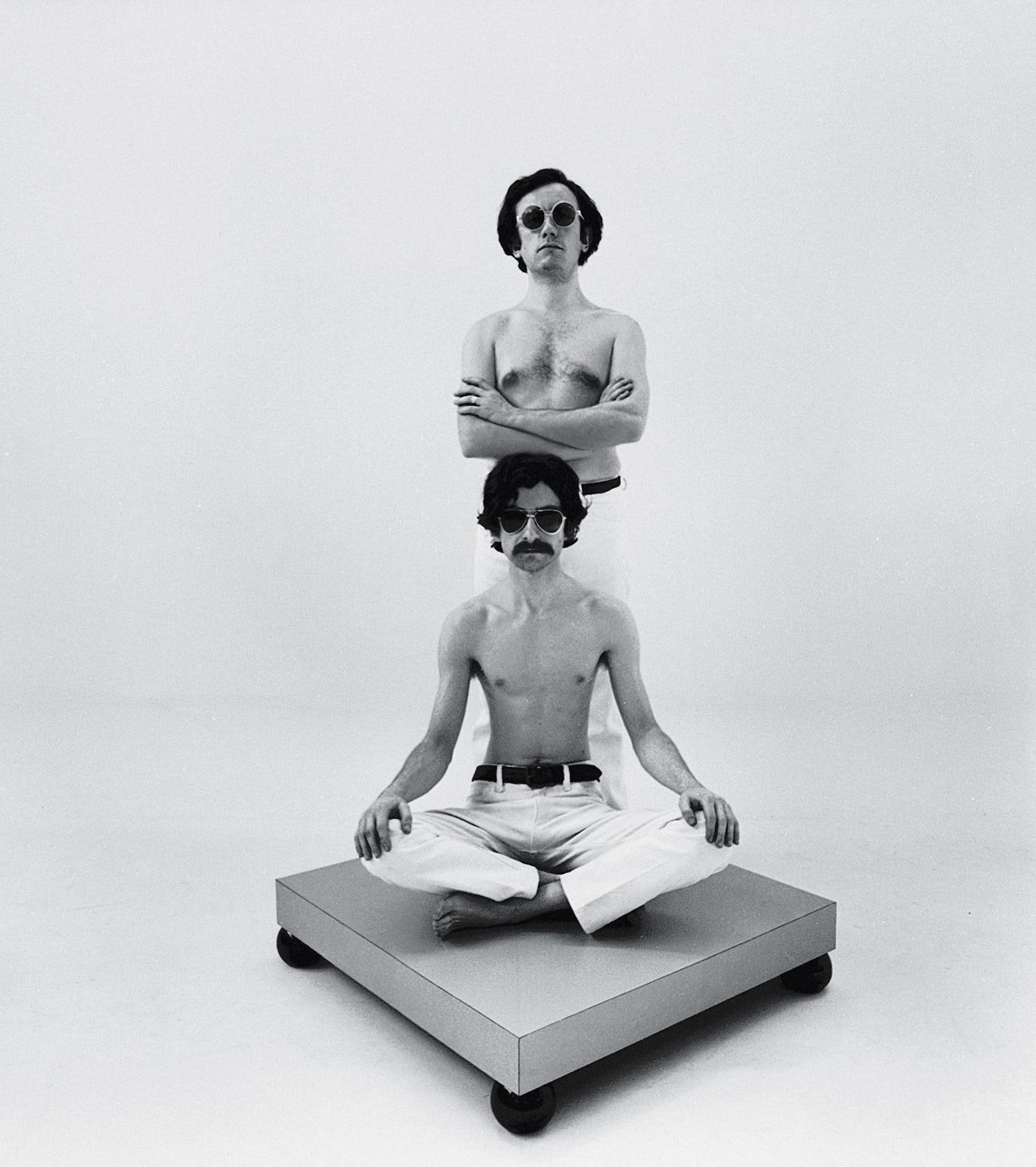
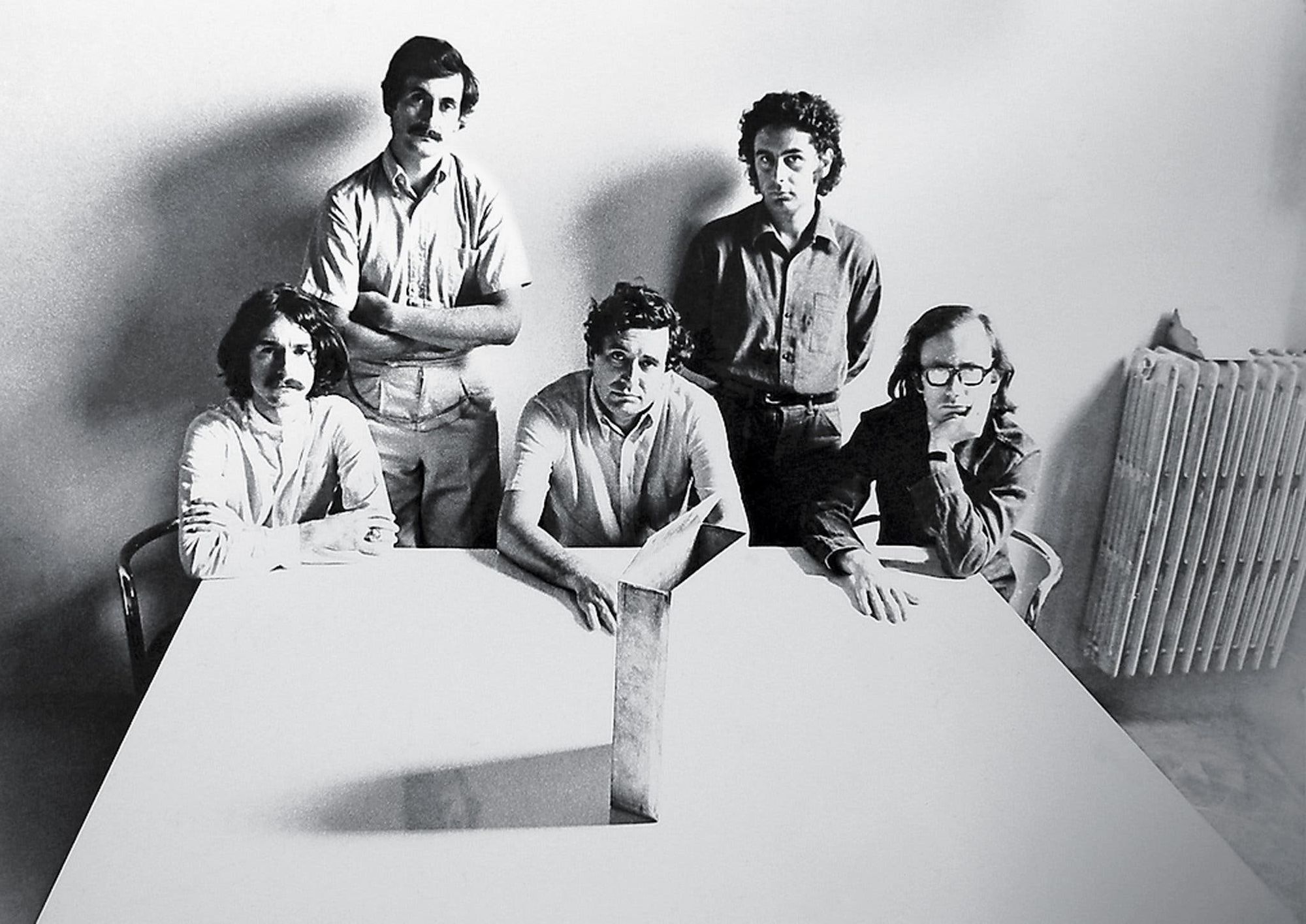
[i] Quoted in Didero, SuperDesign, 210.
[ii] Elfline, “Superstudio and the ‘Refusal to Work,’” 57–58.
– –
see also: Architects Dreaming of a Future With No Buildings (NYT, Feb 16, 2021)
👉 Home